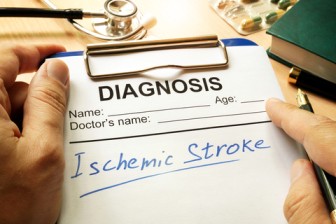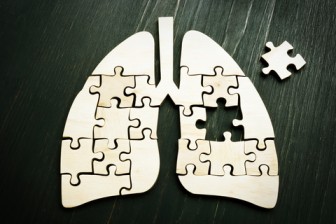Last week, the National Minority Quality Forum (NMQF) hosted an essential discussion titled “Beyond the Aggregate: How Data Disaggregation and SPD 15 Shape the Future of Healthcare.” This timely conversation explored how modernizing race and ethnicity data collection can dramatically influence public health research, funding, and care delivery.
The panel featured voices from across health and advocacy sectors, including Courtney Lang (Langco + Partners), Dr. Carla S. Alvarado (Association of American Medical Colleges (AAMC), Adam Beddawi (National Network for Arab American Communities NNAAC), and Caren Howard (Mental Health America). Together, they unpacked the impact of Statistical Policy Directive 15 (SPD 15)—the federal standard for collecting race and ethnicity data—recently updated by the Biden Administration in March 2024 after more than 30 years.
Why does this matter? Because aggregated data hides real inequities.
Panelists shared how grouping communities under broad categories—like “Asian” or “White”—can erase important differences in health outcomes, access, and lived experience. Adam Beddawi explained how the Count MENA In campaign was vital to ensure Middle Eastern and North African (MENA) populations are counted separately, arguing that their healthcare experiences differ greatly from White European populations.
Caren Howard added depth to the conversation with insights on youth mental health. While national trends may suggest progress, disaggregated data reveals that Black youth with disabilities are facing steeper declines in care access, often hidden in the aggregate.
This conversation makes one thing clear: data disaggregation is not just a technical process—it’s about visibility, equity, and accountability. Don’t miss this conversation. It’s one every health advocate should watch.
Trending Topics
Features
- Drive Toolkit
Download and distribute powerful vaccination QI resources for your community.
- Health Champions
Sign up now to support health equity and sustainable health outcomes in your community.
- Cancer Early Detection
MCED tests use a simple blood draw to screen for many kinds of cancer at once.
- PR
FYHN is a bridge connecting health information providers to BIPOC communities in a trusted environment.
- Medicare
Discover an honest look at our Medicare system.
- Alliance for Representative Clinical Trials
ARC was launched to create a network of community clinicians to diversify and bring clinical trials to communities of color and other communities that have been underrepresented.
- Reducing Patient Risk
The single most important purpose of our healthcare system is to reduce patient risk for an acute event.
pubmed


















